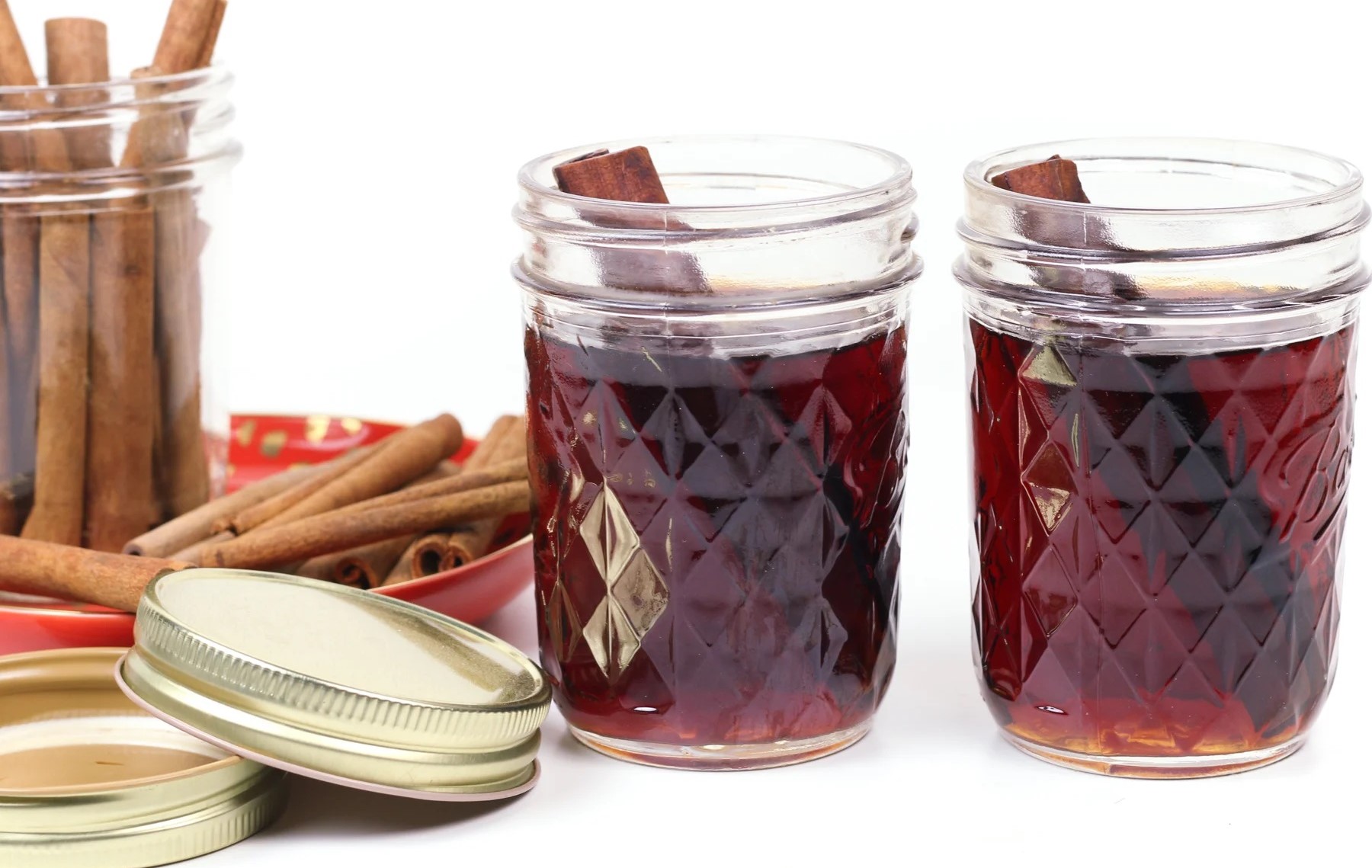Enhance Your Culinary Skills: Infusing Gourmet Oils and Vinegars with Herbs
Are you looking to take your cooking to the next level? Infusing gourmet oils and vinegars with herbs is a fantastic way to add depth and flavor to your dishes. Whether you’re a seasoned chef or a cooking novice, this simple technique can elevate your culinary creations to new heights. In this guide, we’ll walk you through the process of infusing oils and vinegars with your favorite herbs, allowing you to unlock a world of delicious possibilities in the kitchen.
Choosing the Right Ingredients
Before you begin the infusion process, it’s important to select high-quality oils, vinegars, and fresh herbs. Here’s what you’ll need:
- Oils: Extra virgin olive oil, grapeseed oil, or avocado oil work well for infusions.
- Vinegars: Balsamic vinegar, white wine vinegar, or apple cider vinegar are great choices for infusing.
- Herbs: Fresh herbs such as rosemary, thyme, basil, and oregano are ideal for infusions. Feel free to experiment with different combinations to find your favorite flavors.
The Infusion Process
Infusing oils and vinegars with herbs is a straightforward process that requires just a few simple steps:
- Prepare the Herbs: Wash the herbs and pat them dry with a paper towel. Bruise the herbs gently with a mortar and pestle to release their natural oils and flavors.
- Combine the Ingredients: Place the herbs in a clean, dry glass jar and pour the oil or vinegar over them, ensuring that the herbs are fully submerged.
- Let it Infuse: Seal the jar tightly and store it in a cool, dark place for at least one week, allowing the flavors to meld together. Shake the jar gently every day to help the infusion process.
- Strain and Store: After the infusion period, strain the oil or vinegar to remove the herbs. Transfer the infused liquid to a clean, airtight container and store it in a cool, dark place until you’re ready to use it.
Using Infused Oils and Vinegars in Your Cooking
Once you’ve created your flavorful infusions, it’s time to put them to use in your cooking. Here are a few ideas to get you started:
- Salad Dressings: Use your herb-infused vinegars to add a burst of flavor to homemade salad dressings.
- Marinades: Infused oils are perfect for marinating meats, vegetables, and tofu before grilling or roasting.
- Finishing Touch: Drizzle herb-infused oils over finished dishes such as soups, pastas, and grilled vegetables for a final touch of flavor.
By infusing gourmet oils and vinegars with herbs, you can elevate your culinary creations and impress your family and friends with your newfound cooking prowess. Experiment with different herbs and flavor combinations to discover your favorite infusions, and don’t be afraid to get creative in the kitchen. With a bit of patience and a dash of creativity, you’ll be well on your way to becoming a gourmet chef in your own home.
So, what are you waiting for? Pick up your favorite herbs and oils, and start infusing today!
Was this page helpful?
Read Next: How To Infuse Alcohol Into Chocolate











